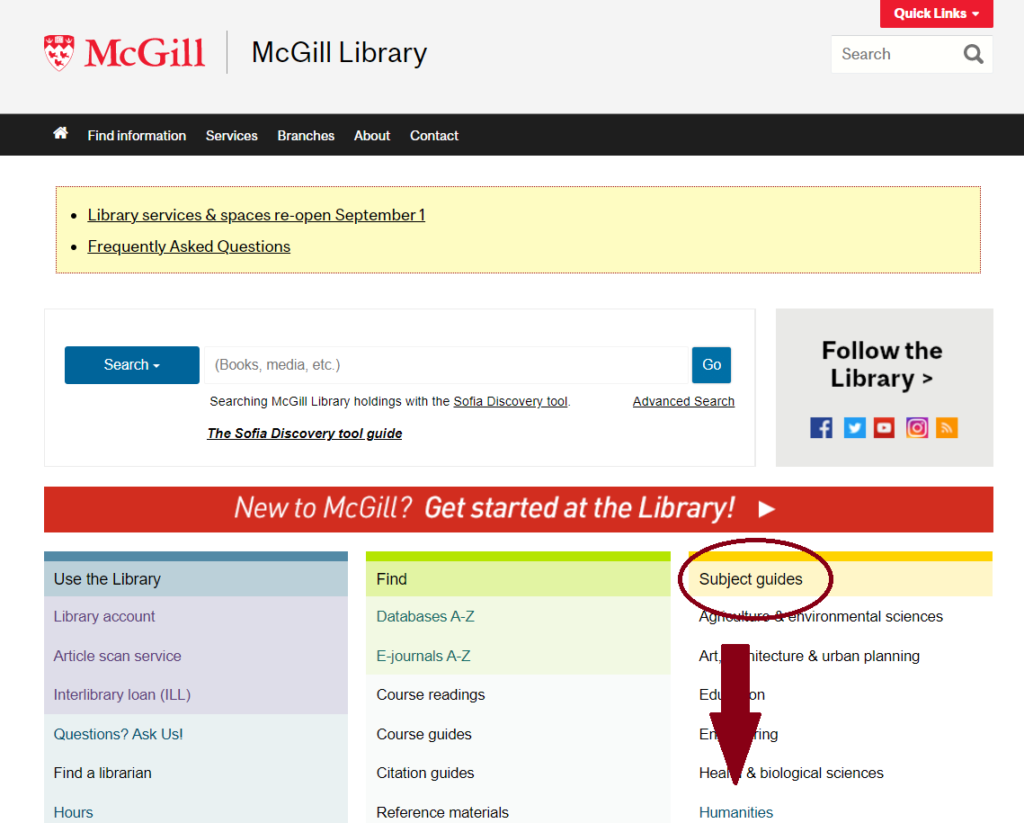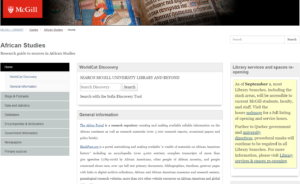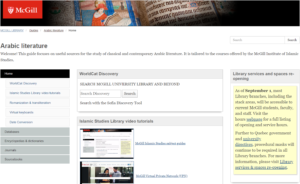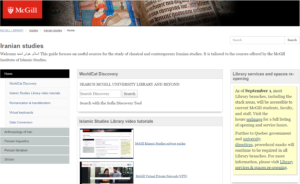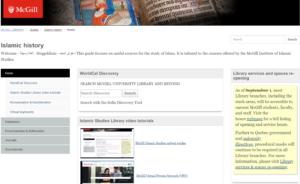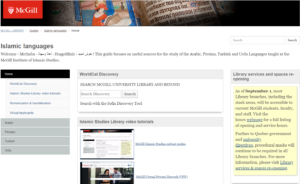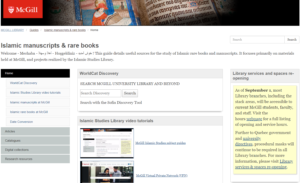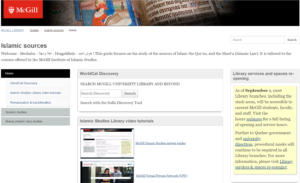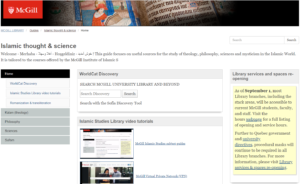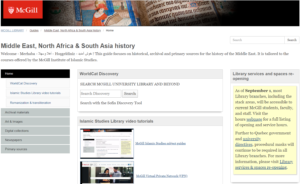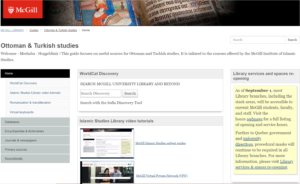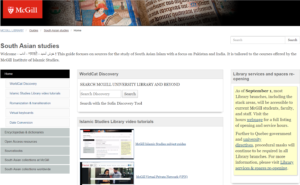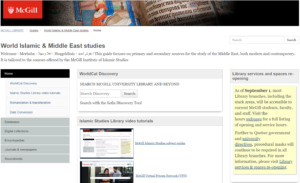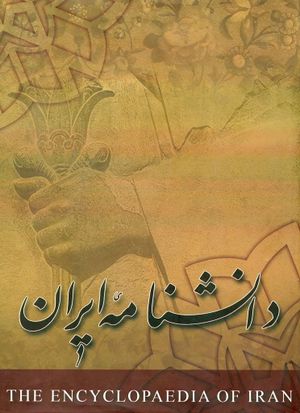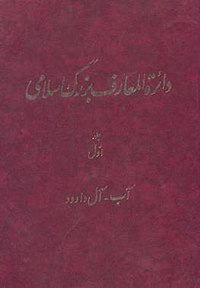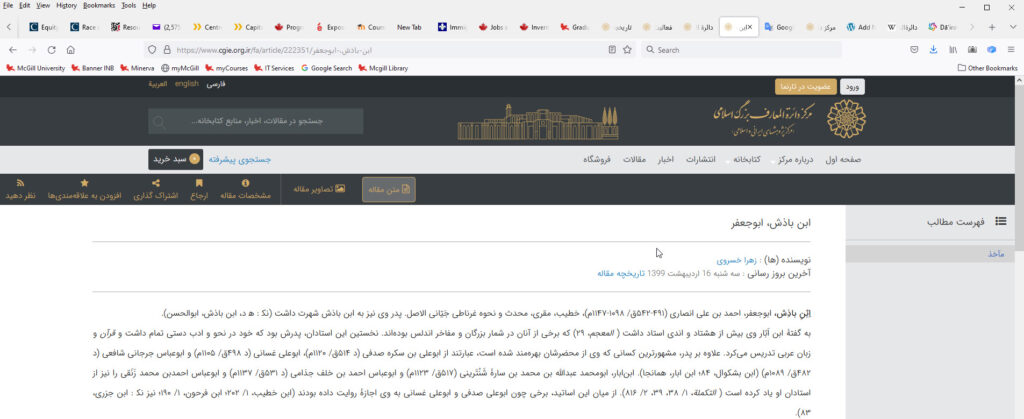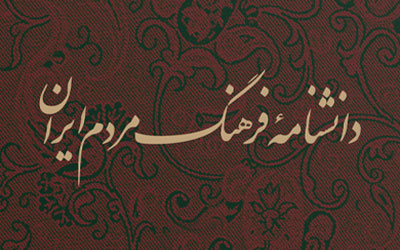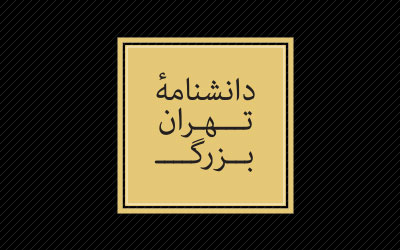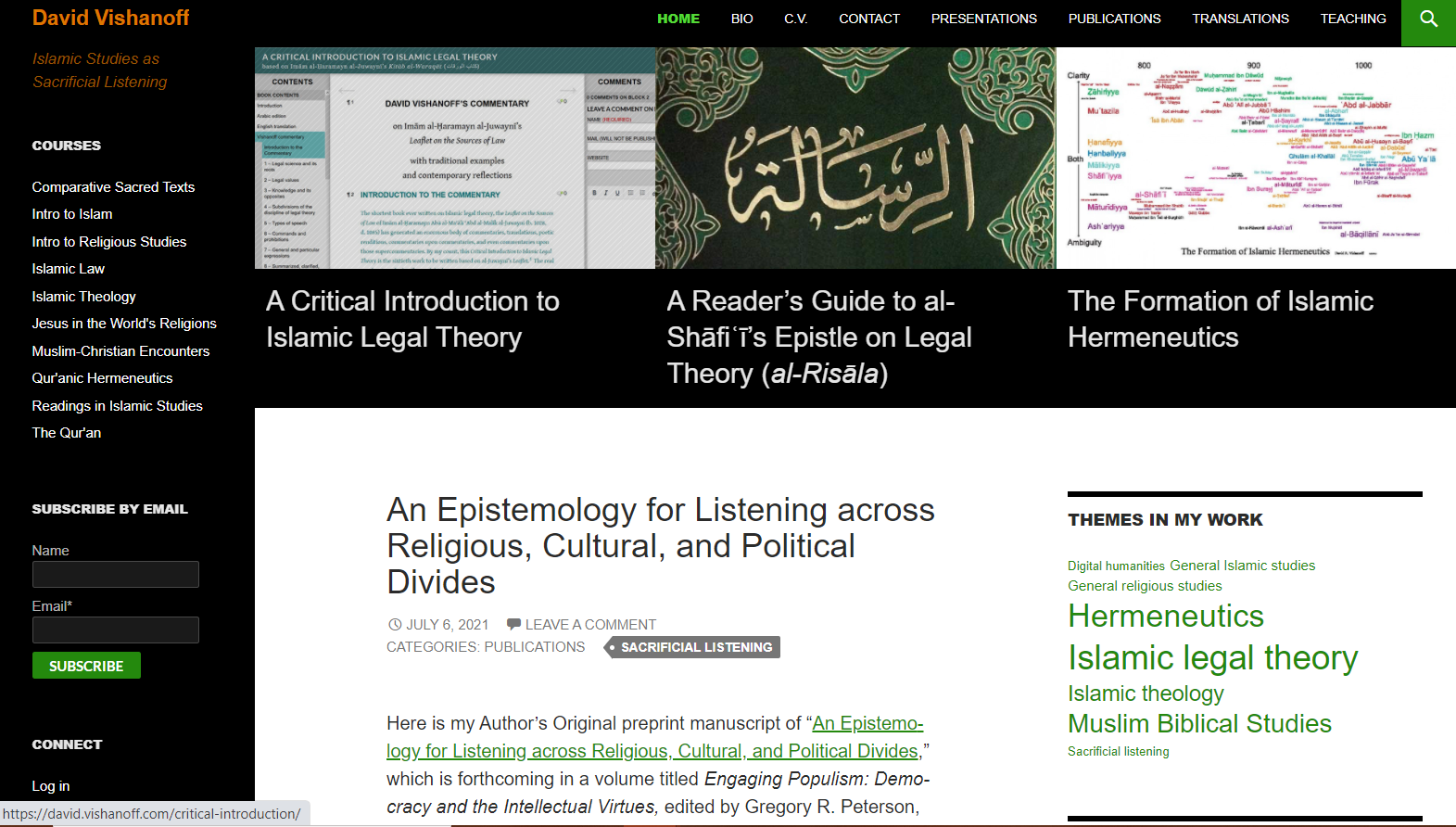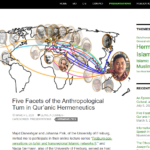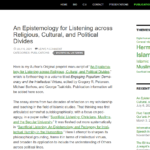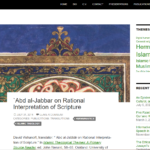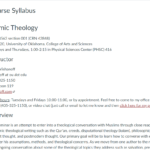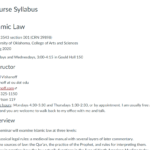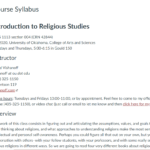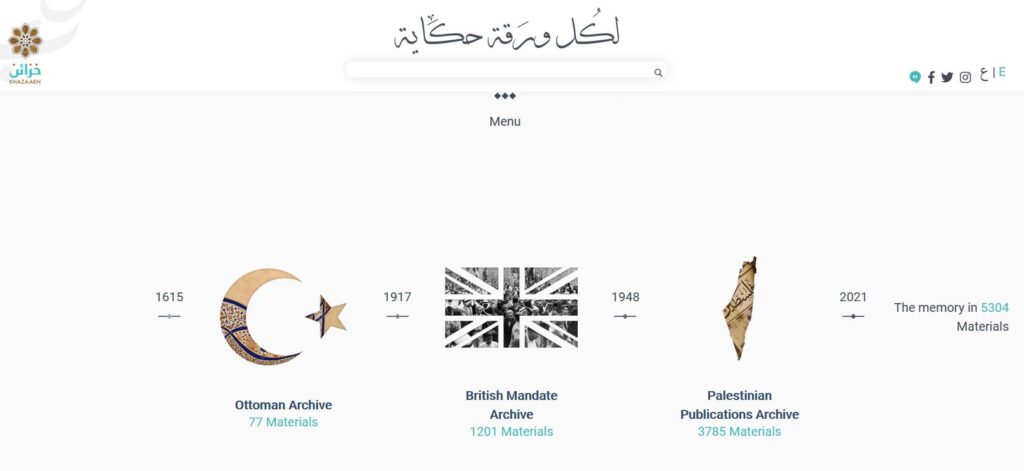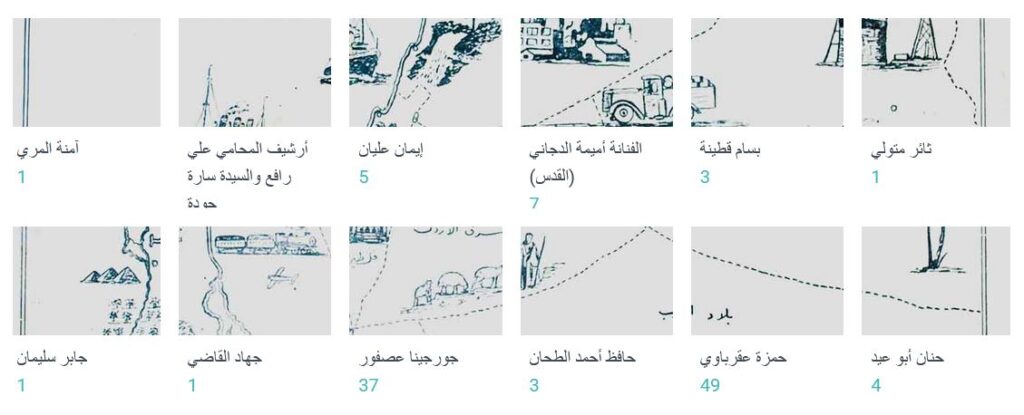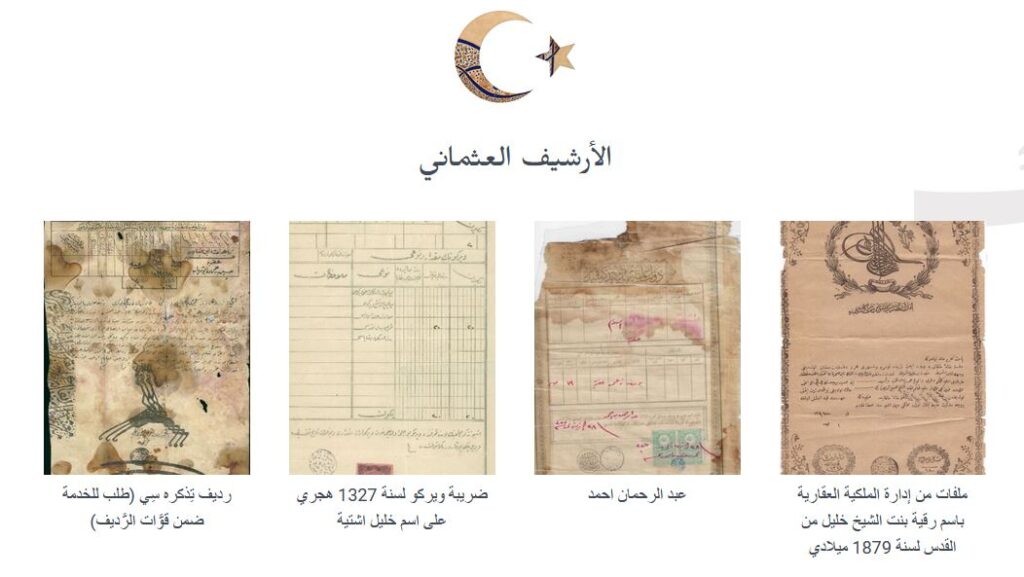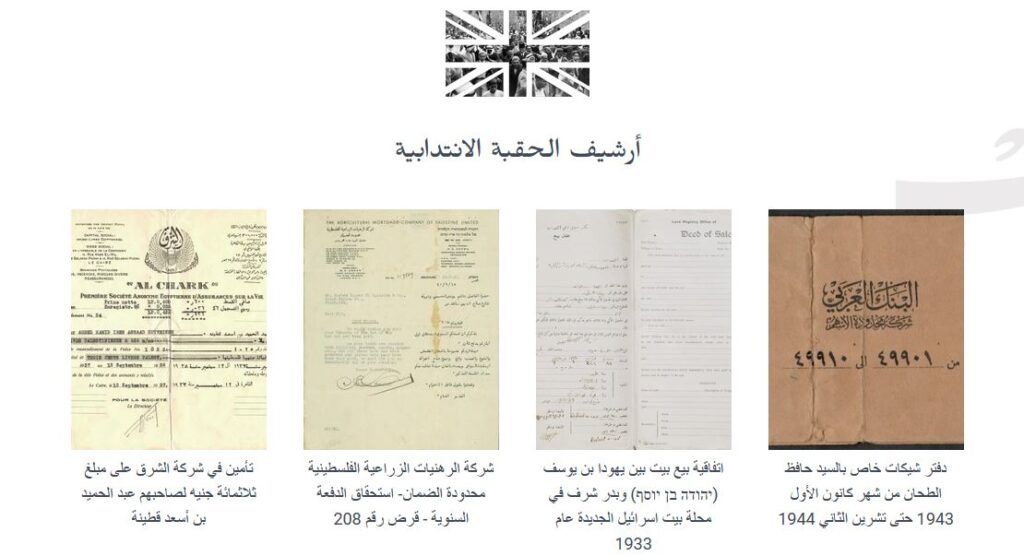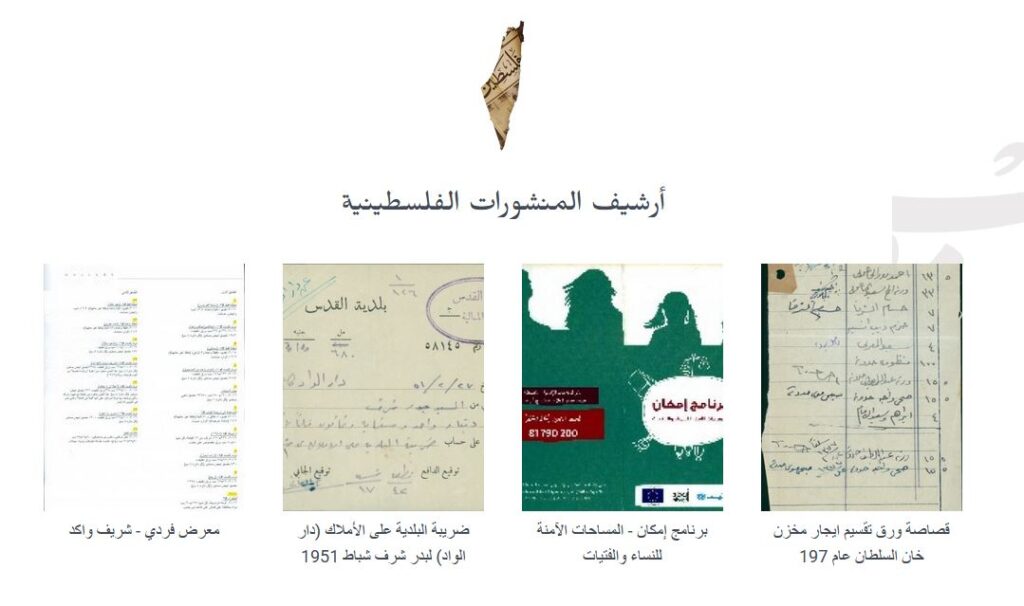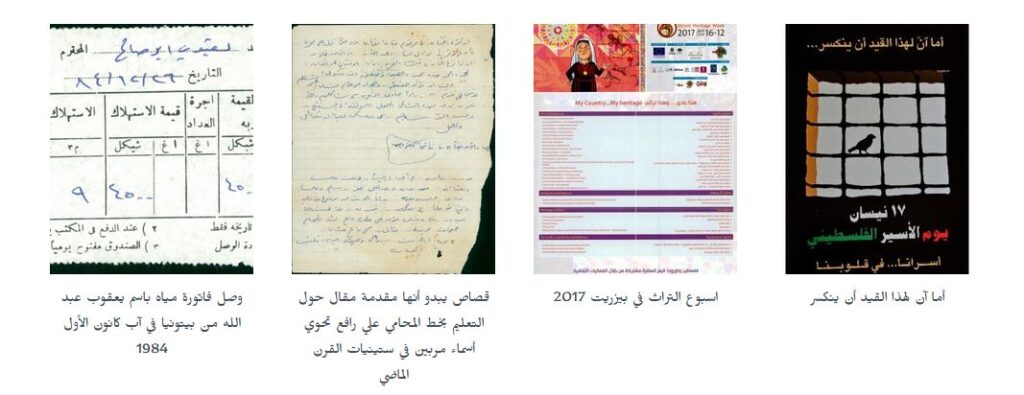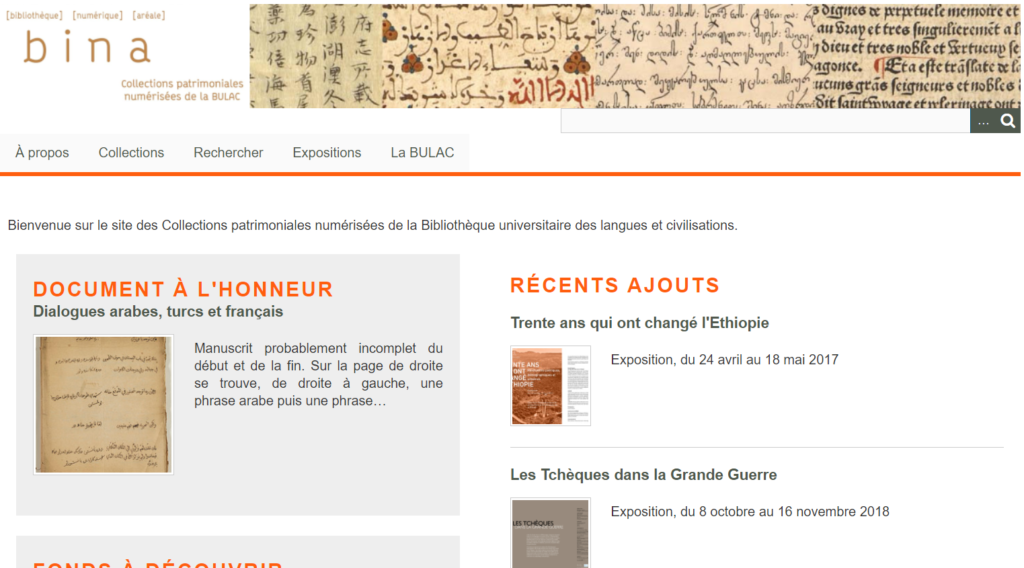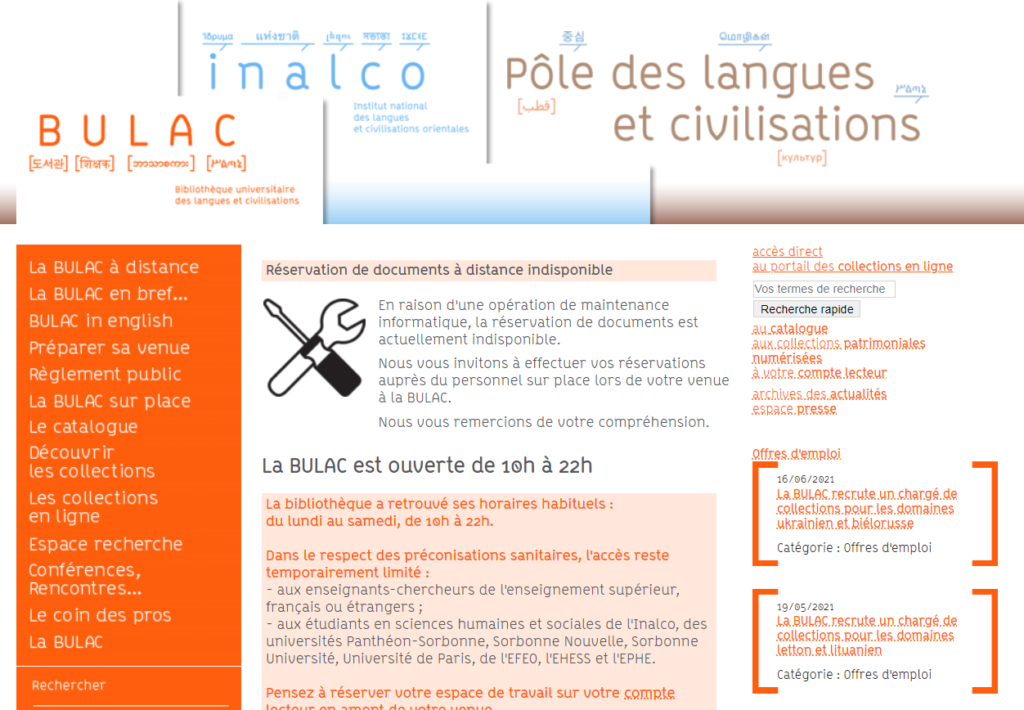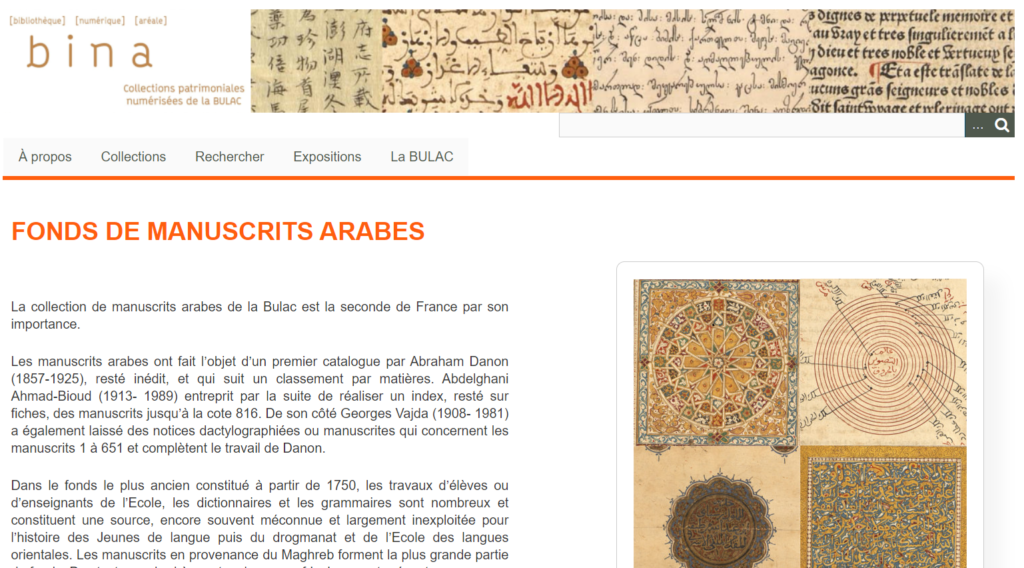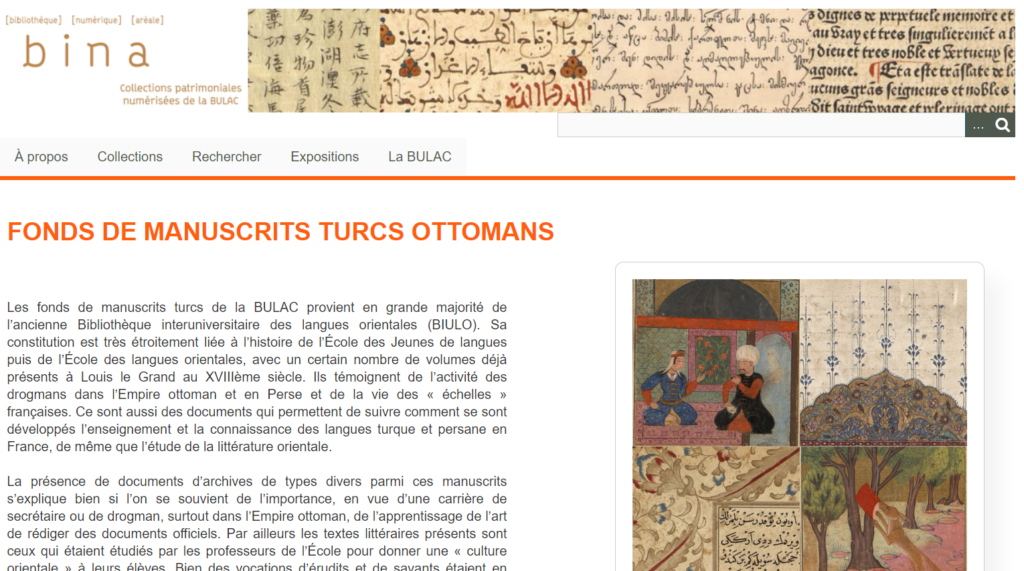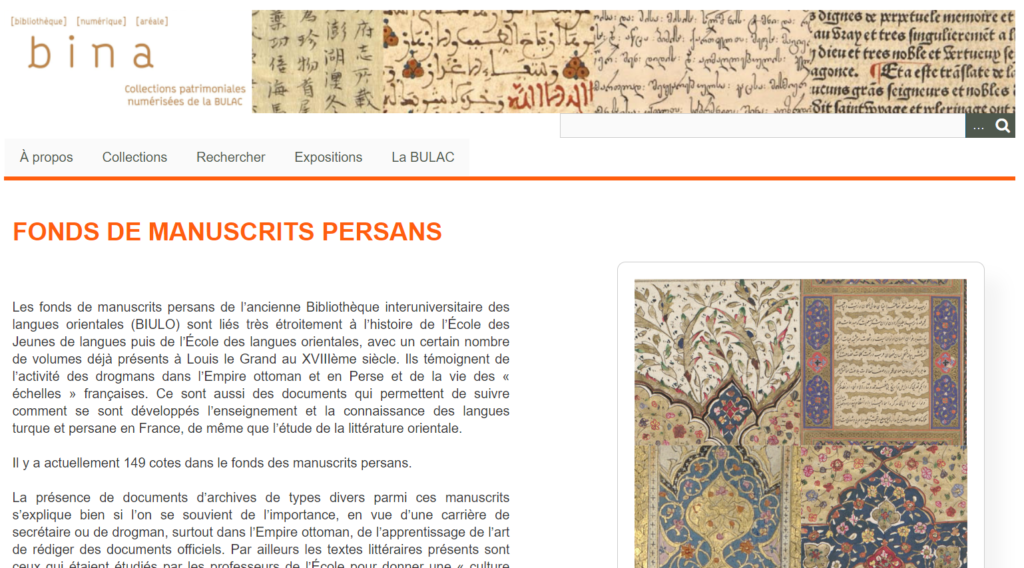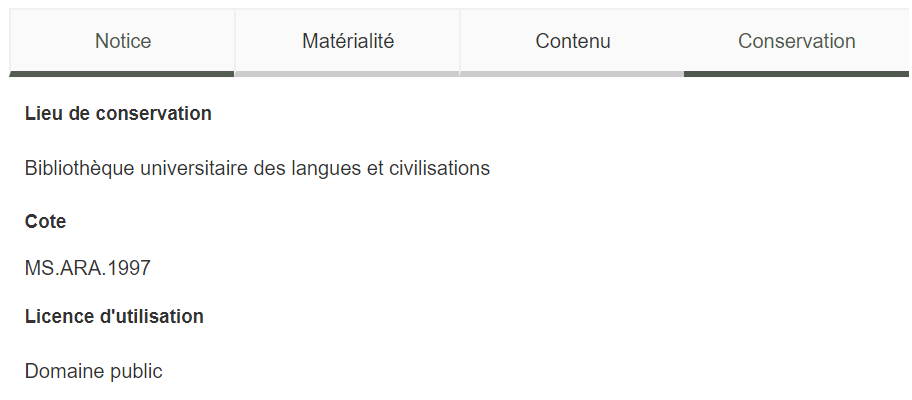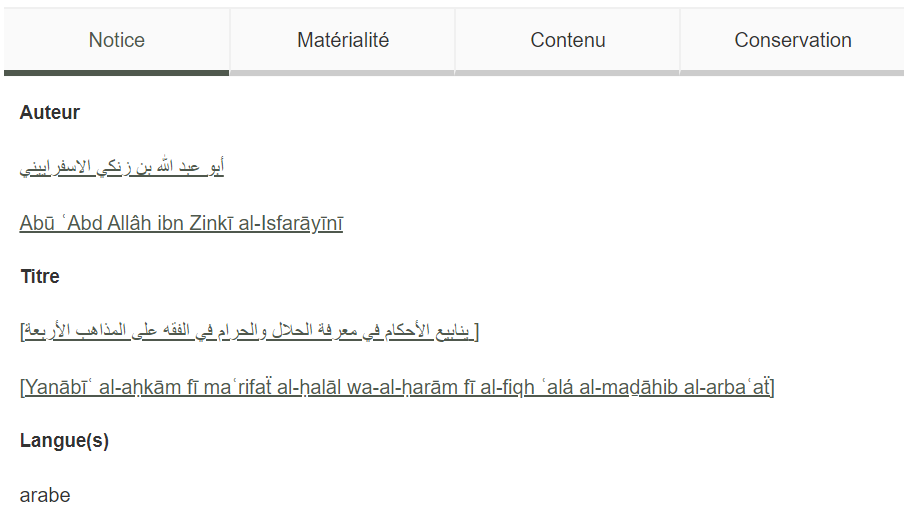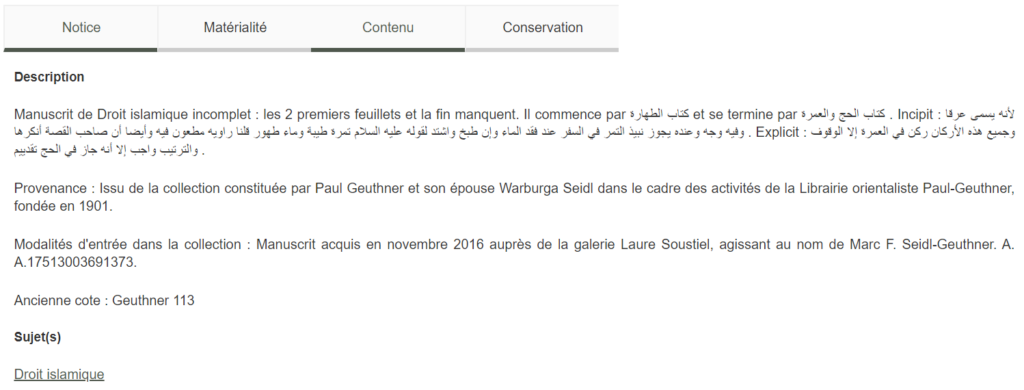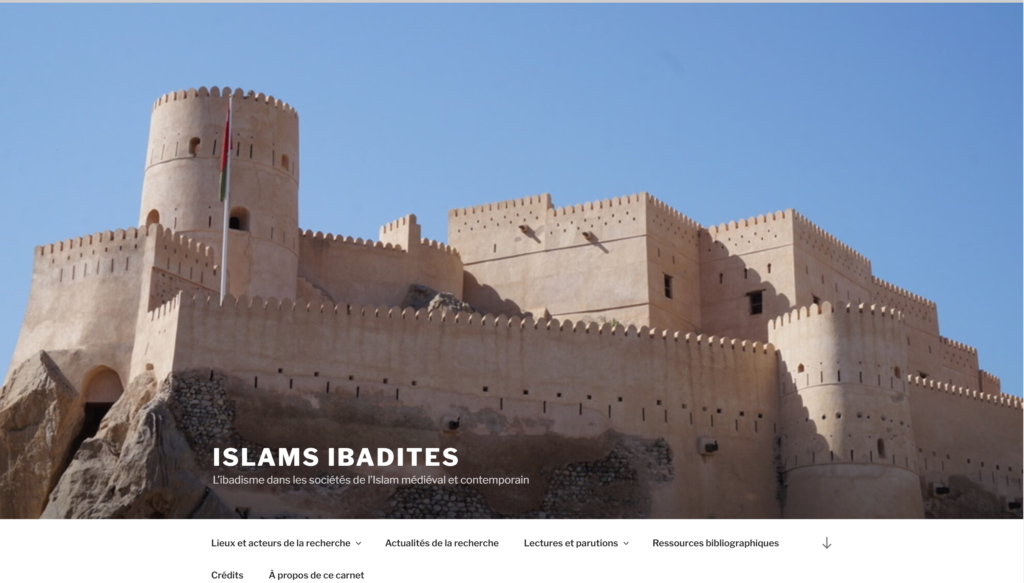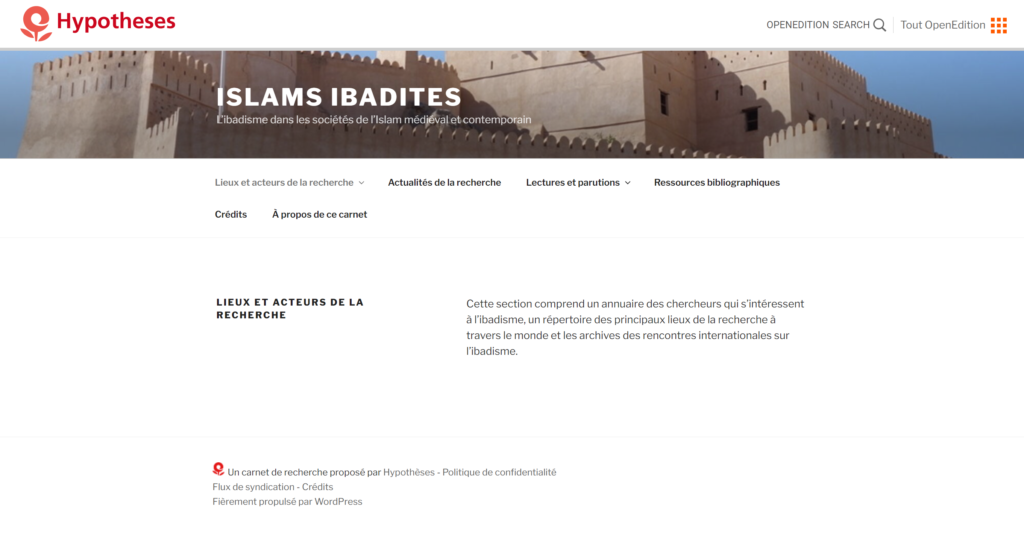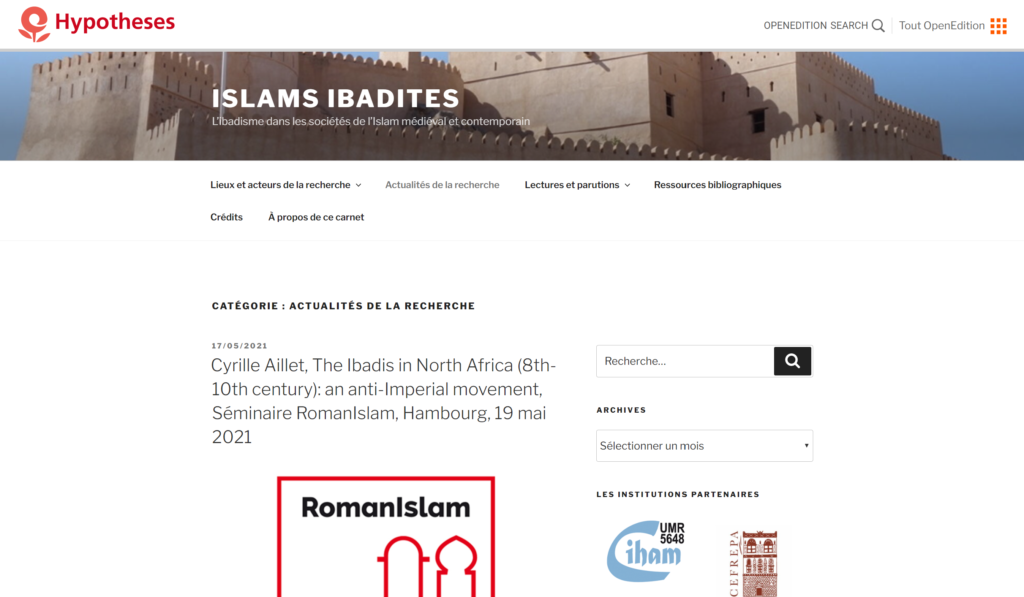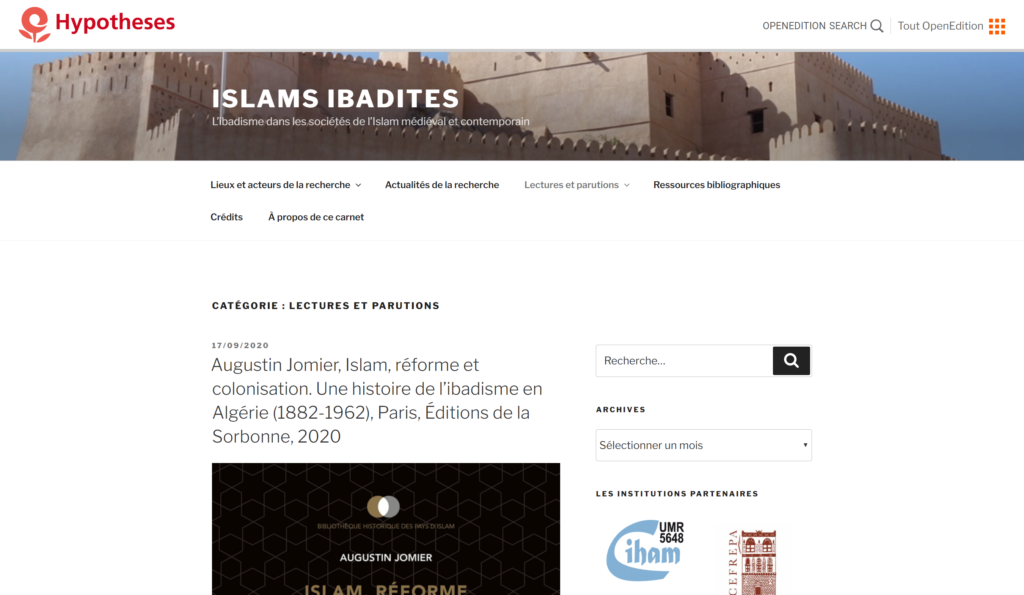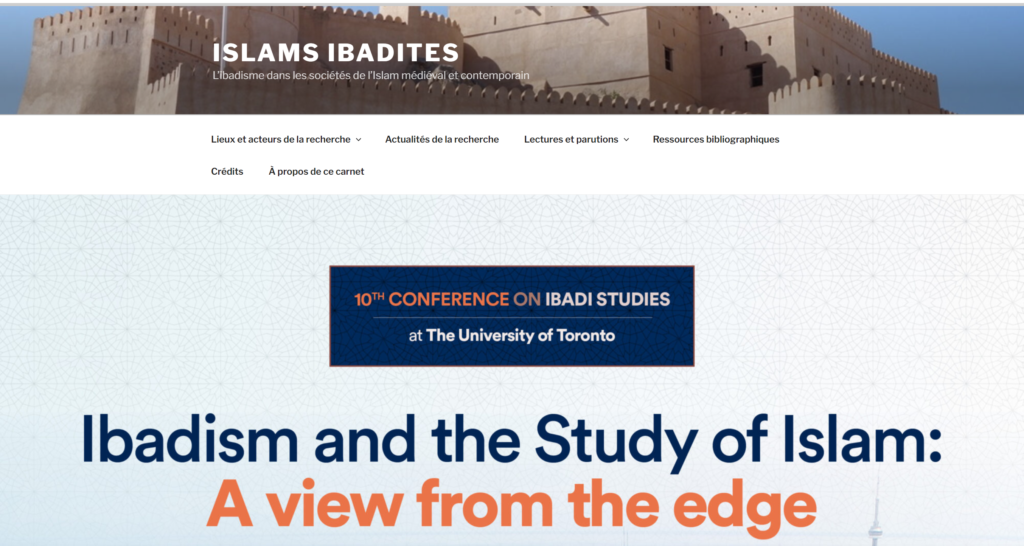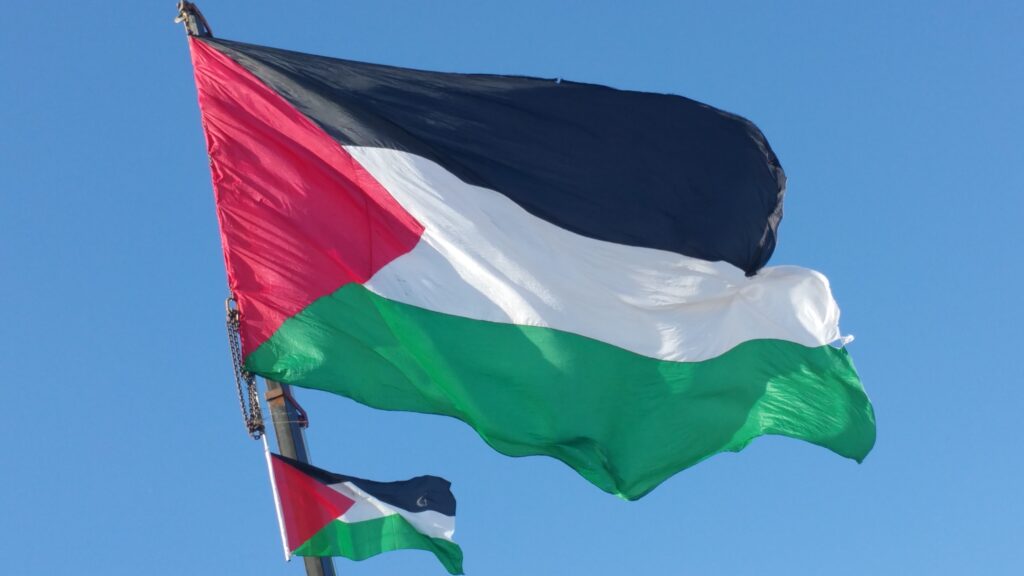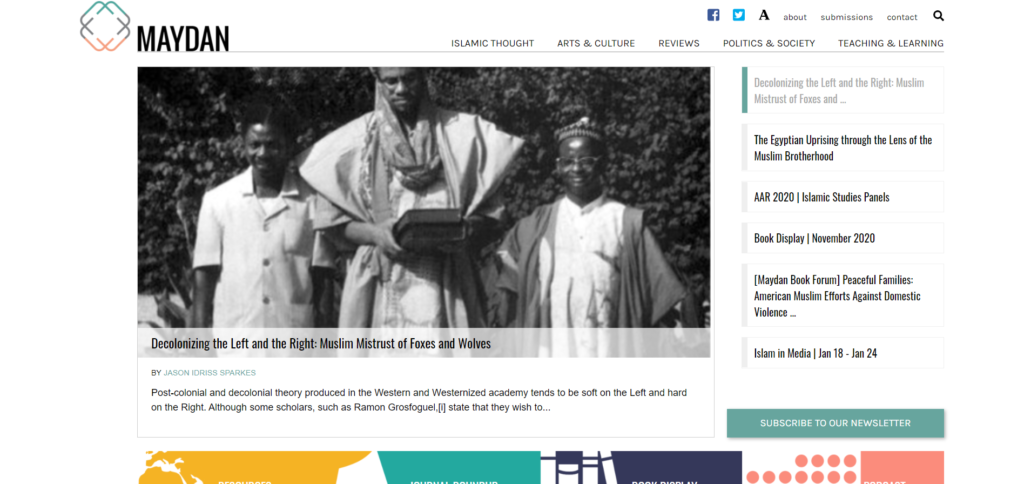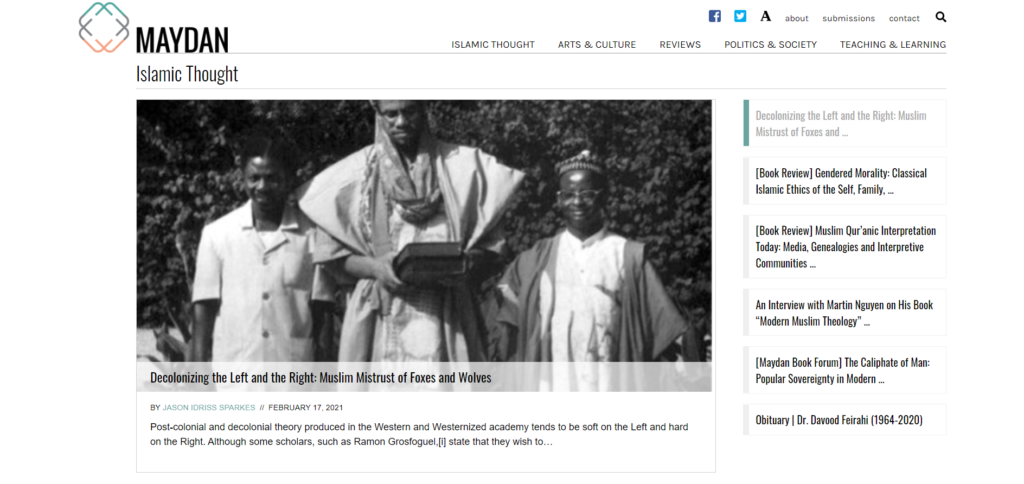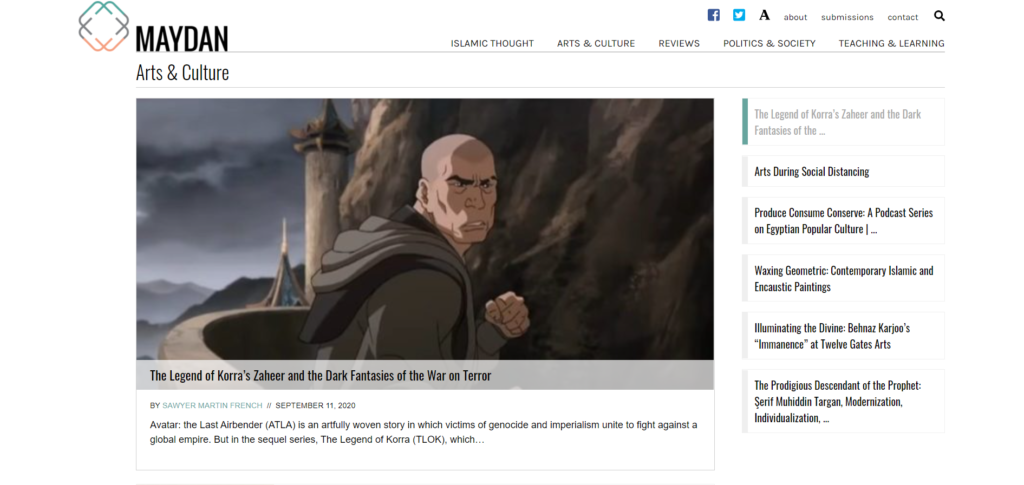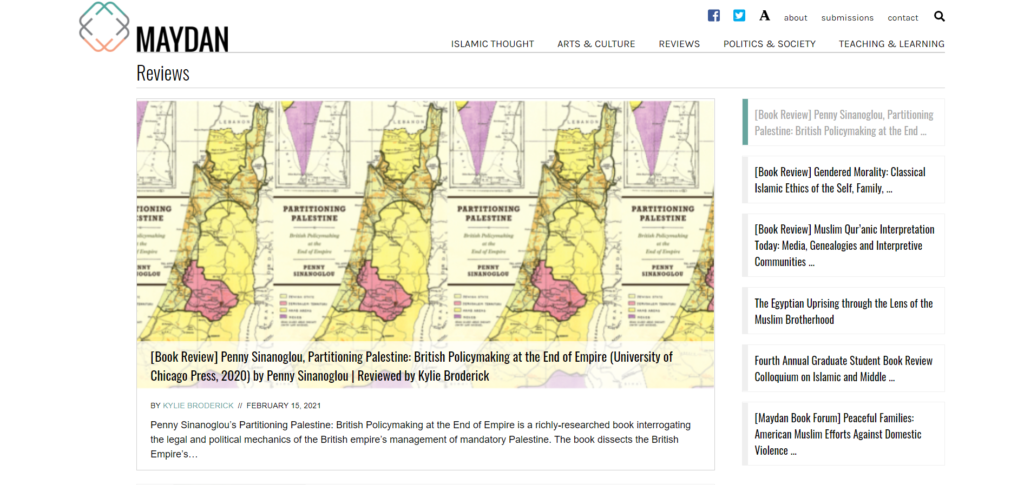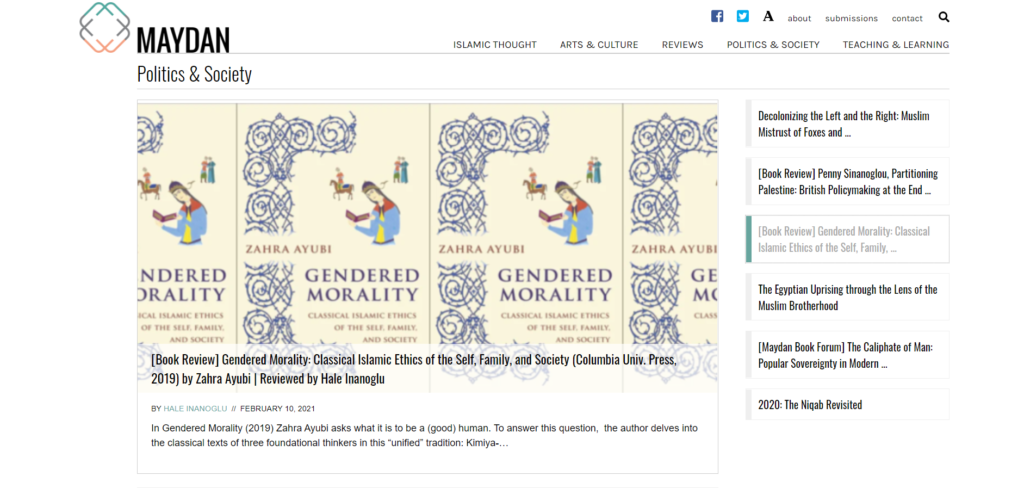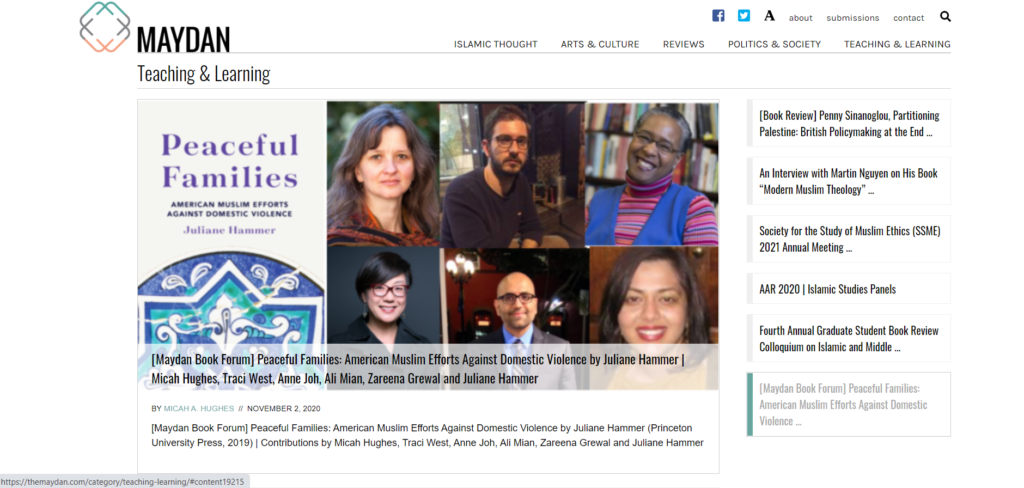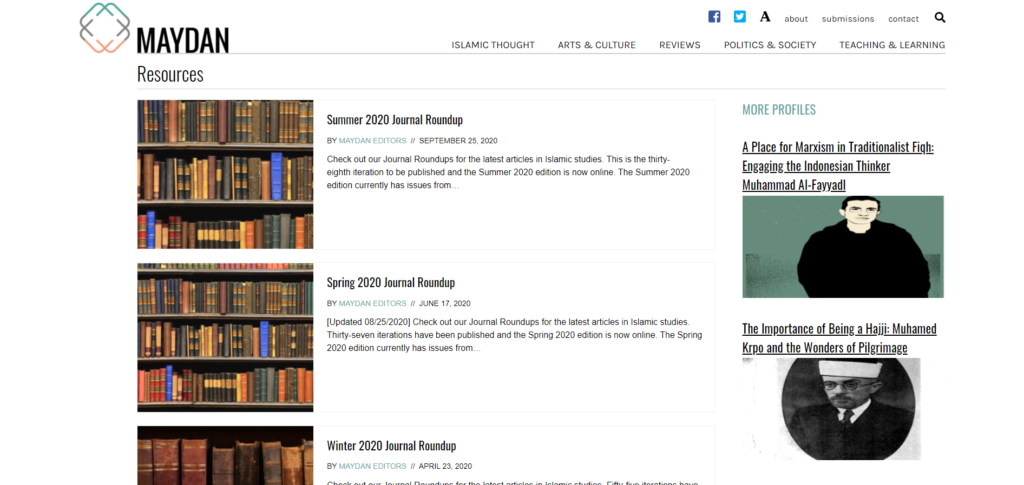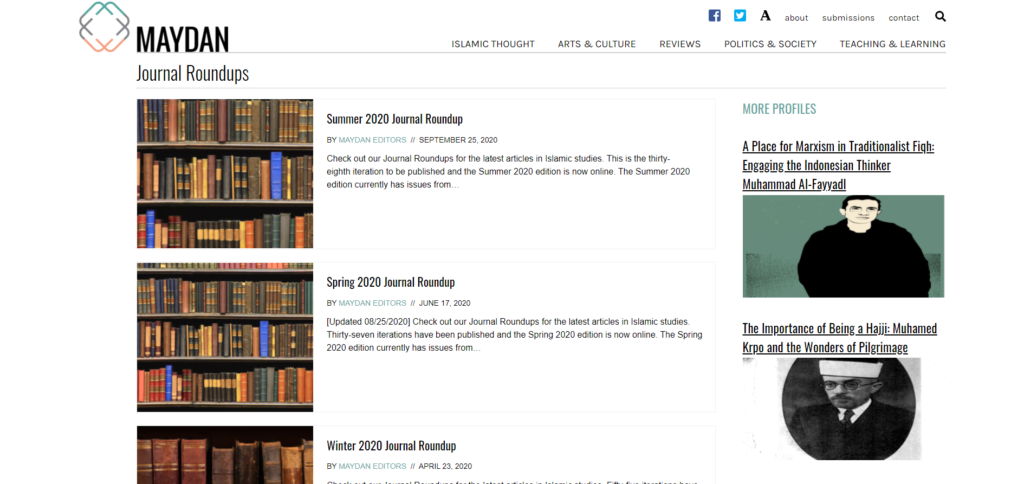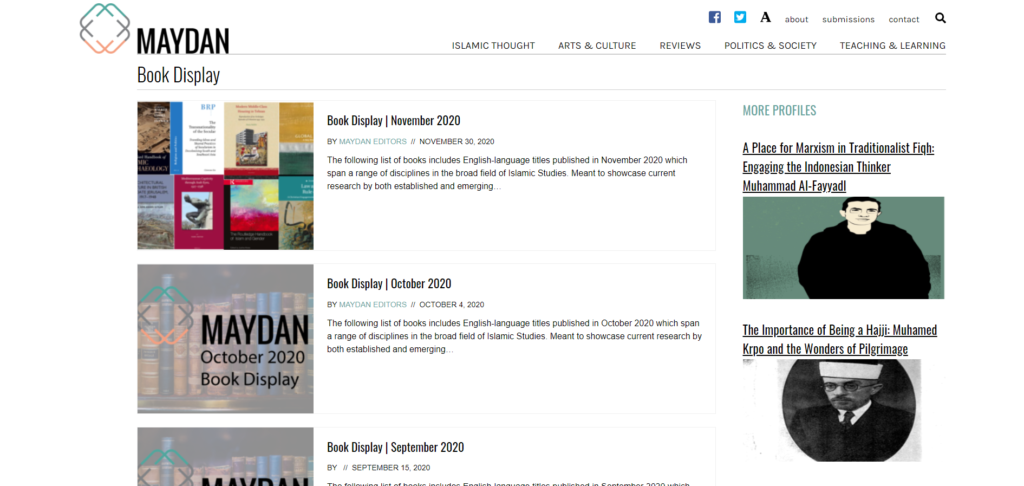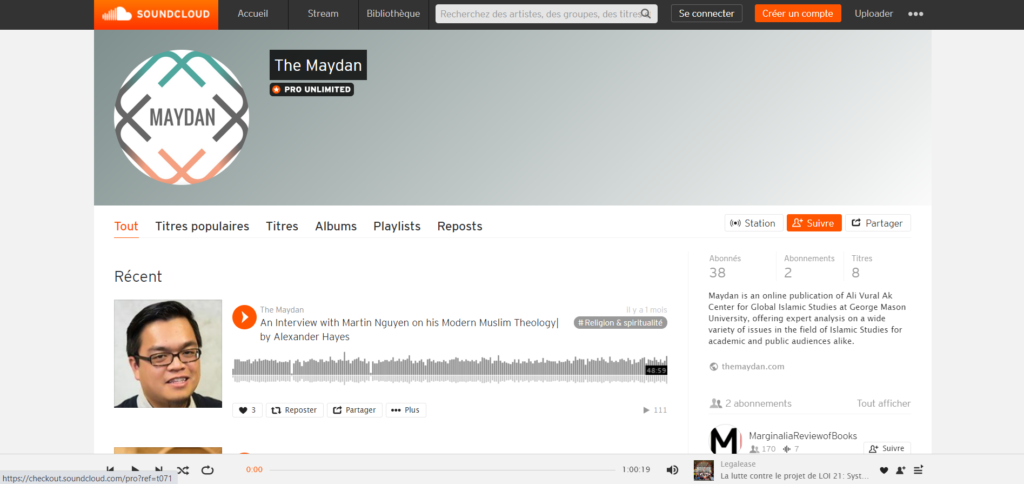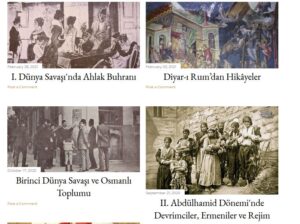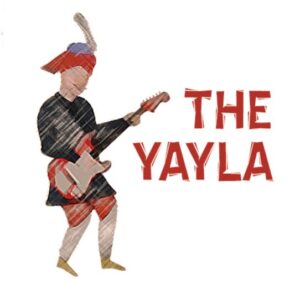During the month of October (September 27th to October 27th), the Islamic Studies Library will be trialing several primary source (mainly newspapers and periodicals) databases that are of interest to anyone whose research focuses on Afghanistan, the Arab World in general and Egypt in particular, or Turkey. Please check below for content and access details.
“The ‘Afghan Central Press’ collection brings together four national, Kabul-based publications of Afghanistan whose long runs and prominence provide a concentrated vantage point for understanding developments in Afghanistan for much of the twentieth century. The English-language Kabul Times is presented alongside Pushto publications Anis, Hewad, and Islah.Together, the archives of these newspapers provide a chronicle of events from the fall of the Kingdom of Afghanistan, the establishment of the People’s Democratic Republic of Afghanistan, the Soviet invasion, the rise of the Mujahedeen, the establishment of the Taliban and Al Qaeda, invasion by the United States and the ensuing period of reconstruction from the view of the capital.“
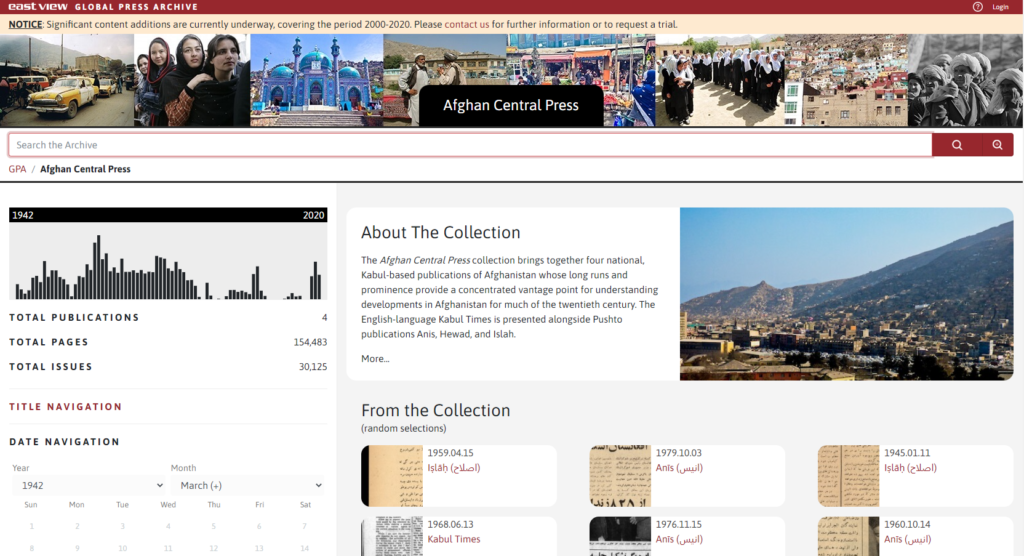
“Founded in 1875, Al-Ahram (الأهرام, “The Pyramids”) is one of the longest-running newspapers in the Middle East. It has long been regarded as Egypt’s most authoritative and influential newspaper, and one of the most important newspapers in the Arab world, with a circulation of over 1 million. Prior to 1960, the newspaper was an independent publication and was renowned for its objectivity and independence. After being nationalized by President Nasser in 1960, Al-Ahram became the de facto voice of the Egyptian government and today the newspaper is managed by the Supreme Council of Press. Al-Ahram has featured writings by some of the most important political and literary voices of the day, including Nobel Literature Prize winner Naguib Mahfouz, nationalist leaders Mustafa Kamil and Saad Zaghlul, as well as Salama Moussa, Taha Hussein, Yusuf Idris, Edward Said, Hamid Dabashi, and Anis Mansour.“
The interface of ‘Al-Ahram’ is available in both English and Arabic.
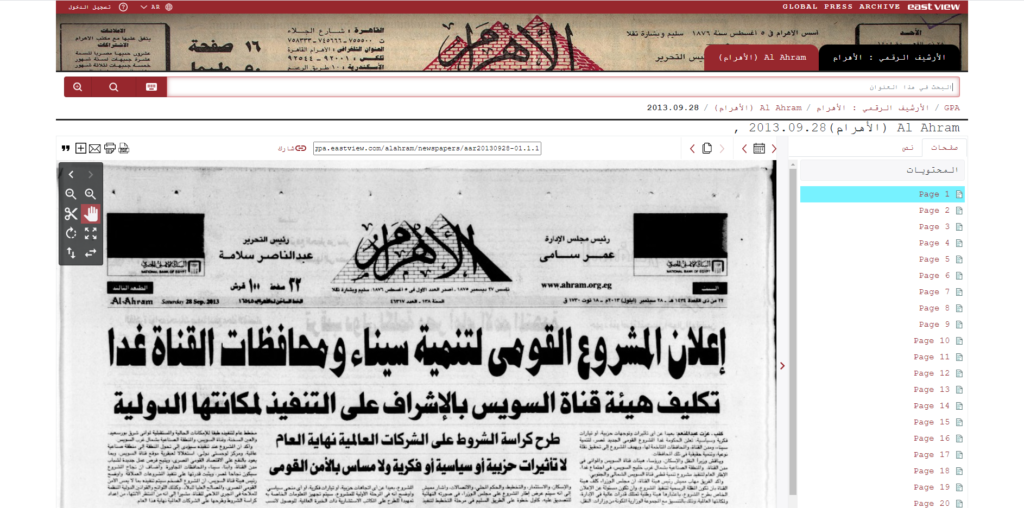
“Established in May 1924, ‘Cumhuriyet’ (“The Republic”) is the oldest secular Turkish daily newspaper and is widely considered one of the last remaining opposition newspapers in Turkey. Founded by journalist Yunus Nadi Abalıoğlu at the initiative of Mustafa Kemal Atatürk, Cumhuriyet was the first newspaper of the Turkish Republic and promoted a belief in democracy, secularism and the rule of law. According to the newspaper’s editorial principles: Cumhuriyet is an independent newspaper; it is the defender of nothing but the Republic, of democracy in the scientific and broad sense. It will fight every force that tries to overthrow the Republic and the notion and principles of democracy. It will endeavor for the embracing by society of the principle of secularism along the path of “Enlightenment” ushered in by Atatürk’s revolution and principles. Over the last 95 years, Cumhuriyet has stood witness to the changing landscape of Turkey’s political, social and economic environment. Despite the challenges of these times, the institution of Cumhuriyet has sustained its coverage of domestic and international news, providing critical documentation of Turkey’s dynamic history and its relations with the global community. In the twenty-first century, Cumhuriyet continues its dedication to the principles of democracy and secularism as embodied by Atatürk. The newspaper has a daily circulation of over 30,000 and receives roughly 25 million visitors to its website each month. It is one of the most influential newspapers in Turkey and is regarded by domestic and foreign readers as a reliable source for impartial, intelligent news reporting.“
The interface of ‘Cumhuriyet Digital Archive’ is available in both English and Turkish.
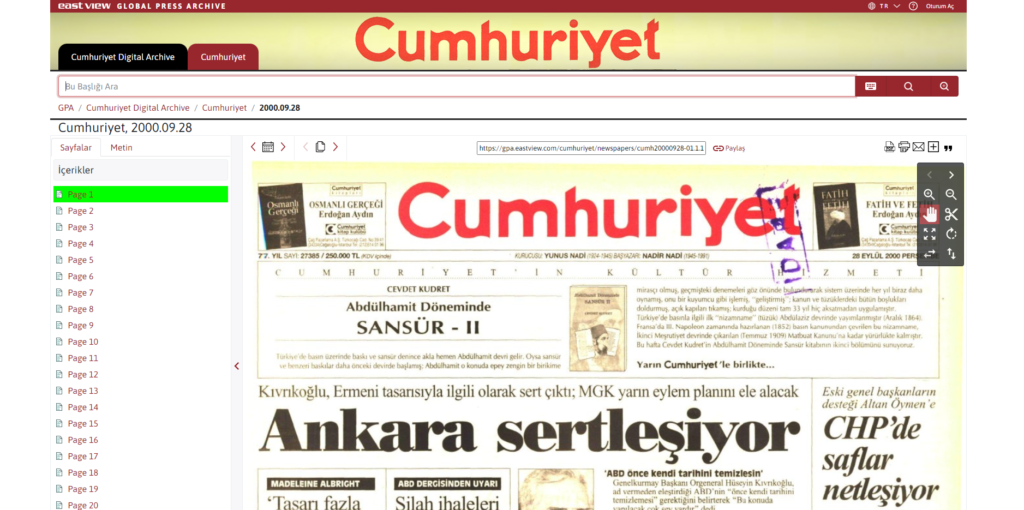
4. Kotobarabia Arab Leaders, Historians and Philosophers Collection
‘Kotobarabia: Arab Leaders, Historians and Philosophers’ is “a compendium of early works of an astounding variety of disciplines from important Arab writers, spanning fields from feminism and social theory, to classics of literature, history, and the sciences. Includes works by the Four Imams of the Sunni Sect, the Al Azhar Modern Sheikhs, various authors of the Modern Arab Enlightenment, and rare works by the former Egyptian royal family. Consisting mostly of historic texts, the books in this collection are full-image, with searchable metadata only.“
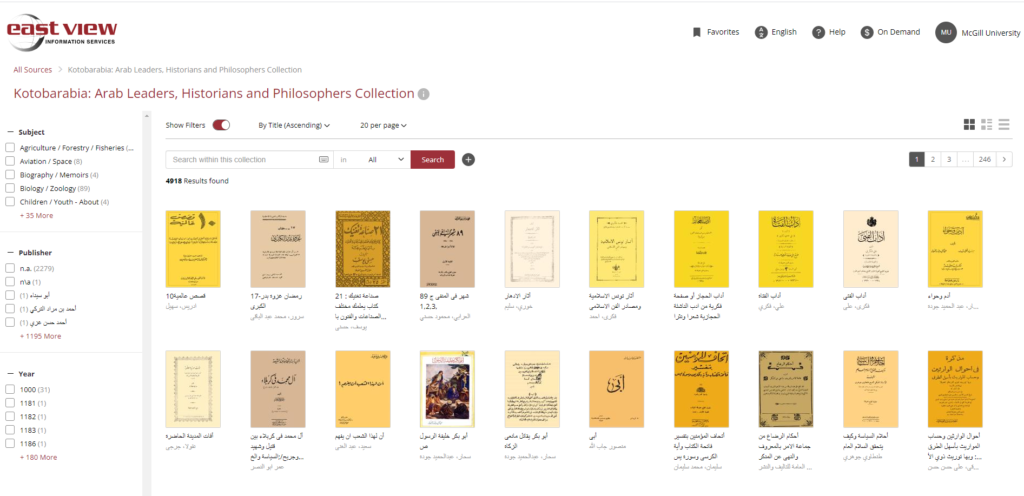
The online reading interface is very similar for preriodicals and monographs. It allows to navigate easily within documents from the -left or right-hand side depending on the language of the interface- side menu. In addition, users will be able to read in full screen mode, select and copy a section to paste elsewehre, print, download as a PDF, email and cite. It is also possible to search for occurrences within publications: a virtual keyboard is available for those who don’t have non-roman scripts keyboards.
The trials started on Monday, September 27th, and will run until Wednesday, October 27th. These databases can be accessed either using the links provided in this blog post, or going to the A-Z database list (as shown below):

Please note access is based on IP addresses, and therefore limited to members of the McGill community. Also, note that activating the VPN may be required when/if you are off-campus. Check these databases out and let us know what you think!



